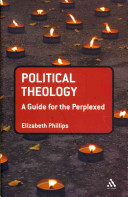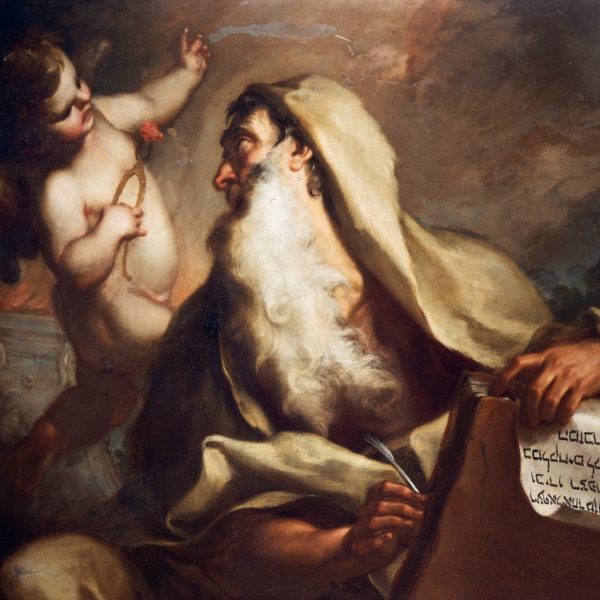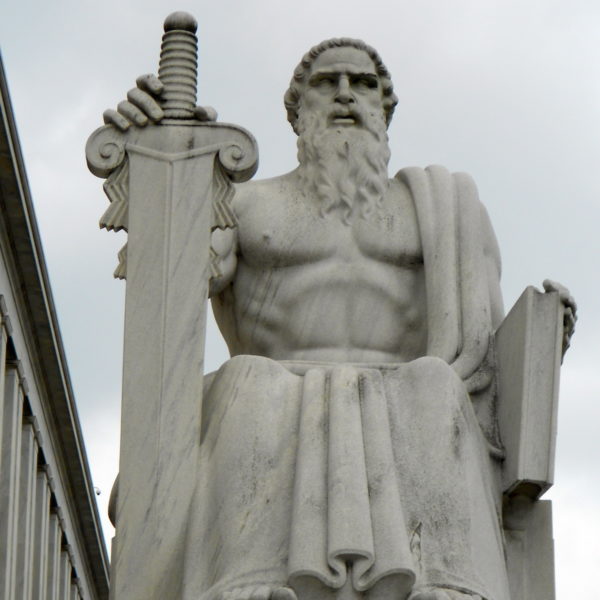For the family of the late Trayvon Martin, Saturday’s ruling – that George Zimmerman was found not guilty of any wrongdoing in his shooting of Trayvon – is a terrible tragedy, and a miscarrying of justice, compounding an already vast sea of grief.

We have all been around people who constantly tell stories in which the person telling the story is also the clear hero of the story. And none of us wants to be that person. I think this should be the case not only in the sharing of personal anecdotes, but in the stories we tell one another professionally about our professional lives, so it would be disingenuous to write a series on teaching political theology which leaves readers with the impression that I have it all figured out (or think that I do!). This month I want to share a story about a particularly persistent problem in teaching political theology – one to which I will not suggest I have the answer.

Some challenges and opportunities are the same on either side of the pond for those of us teaching political theology. Those teaching in seminaries and other ‘confessional’ contexts will find the same resistance to ‘politicizing’ faith from conservative students and the same blasé assumptions from liberal students who obviously already have this all sorted because they are good liberals, both theologically and politically (more on these challenges in Part 3, next month). Those teaching in liberal arts universities will share similar struggles with how (or if) the discipline can be normative or formative in these contexts. And we will all share the wonderful opportunities involved in drawing students beyond their inherited binary views of the theological and the political. In other ways, the challenges and opportunities differ considerably on either side of the pond….
Beiner suggests that I want a politics, and by politics he seems to mean what the state does, that is at the service of Christianity. As someone deeply influenced by John Howard Yoder’s critique of Constantinianism, that is precisely what I do not want. Of course I should like Christians to be free to try and convince their non-Christian neighbors that war is a bad idea, but….


